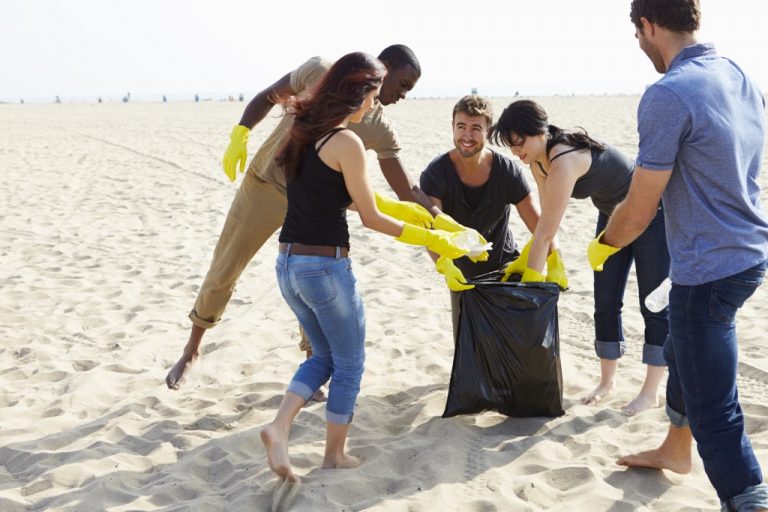Every April, we celebrate International Good Deeds Day. It is that time of year when people from 108 countries gather to do good deeds for others. Why, pray say, should you join this movement? Not only because you want to help—which is your reason, we hope—but also because it does your brain good. Science will back us up on this.
Have you ever done something good such as giving neurofibromatosis (NF) donations? How did you feel after doing such a good thing? Did you notice that you are more relaxed after doing a good deed? Did you feel motivated to do more good things for the people who need your help?
You Experience Helper’s High
Helper’s high is the term scientists use to identify the feelings that people get when they have done something altruistic. One study by Harvard University shows that after giving money to someone else, the happiness levels of the giver will increase—even more than spending the money on themselves. This is the same feeling people have when buying Christmas gifts for their loved ones. They put off buying something for themselves because it feels too good to shop for your loved ones.
In many studies, science already confirmed that doing good deeds releases the feel-good hormones endorphins and oxytocin in the brain. It produces what’s called the helper’s high that boosts the part of the brain associated with pleasure, trust, and social connection.
You Decrease Your Stress Levels
A 2013 study on volunteerism and hypertension found that people over 50 years old who volunteer at least four hours a week were 40% less to develop hypertension four years later. This is in stark contrast to people who do not volunteer their time, money, or effort. Giving money can also decrease stress levels in people. Another study shows that the fewer people give, the higher their stress levels are.
You Create Social Connection and Bonding

No man is an island. Is not that a popular phrase? It is true. It is innate in people to want to bond with others and feel that they belong in a group. Research says that the feeling of social connectedness is associated with overall physical, emotional, and mental health. When you do good, it always has some social interaction involved.
You Spread Good Deeds
Doing good inspires more people to do good as well. The recipient of your good deeds will feel elated, and as a result, they will pay the good deed forward. Generosity will spread because of one act of kindness. Research even found out that one altruistic move can result in three folds of goodness. This means that hundreds of people down the line will benefit from your act of kindness.
Doing a good deed can be anything—from volunteering your time in the soup kitchen, donating money, to spending time in a charitable organization. All of these activities will positively impact your brain. It will also create a ripple of goodness in your community.



